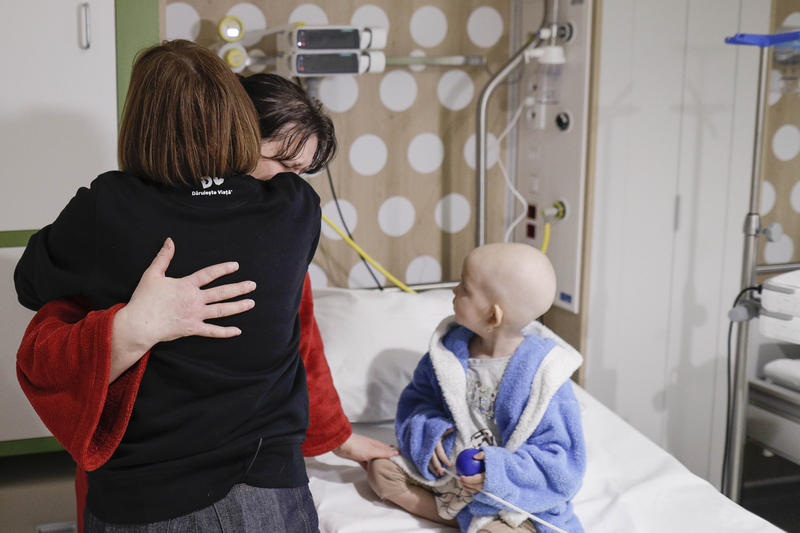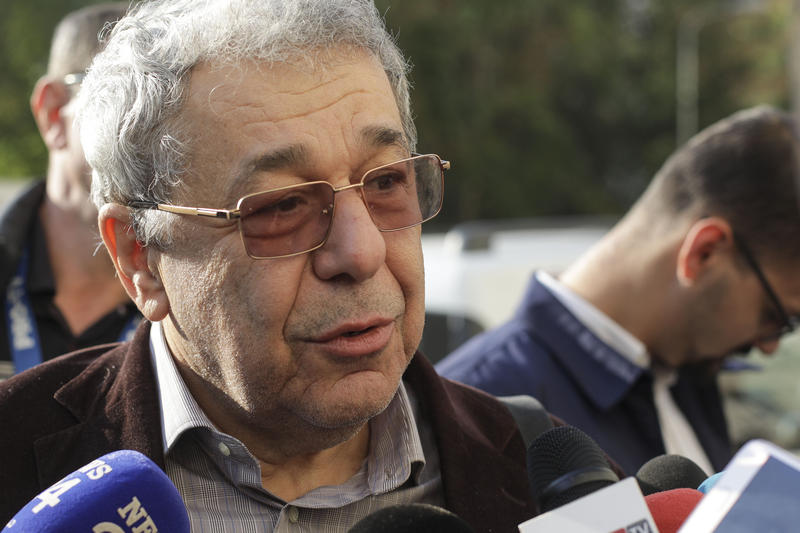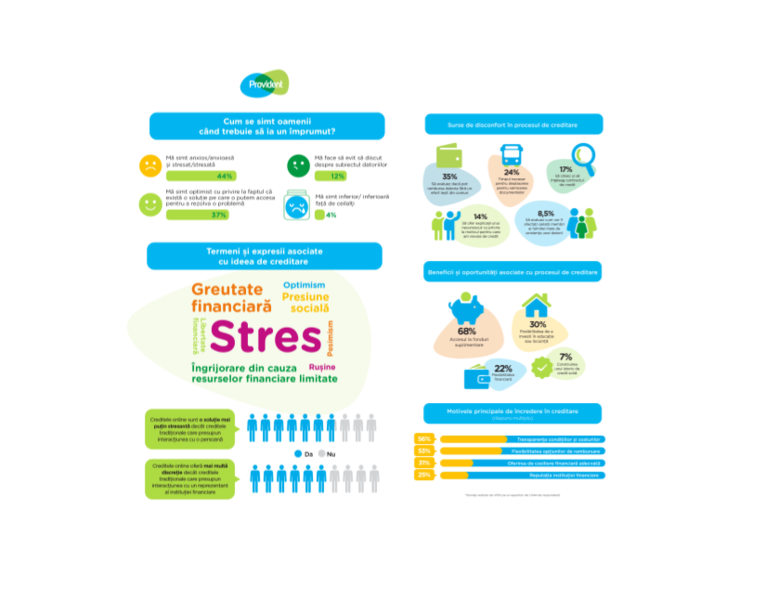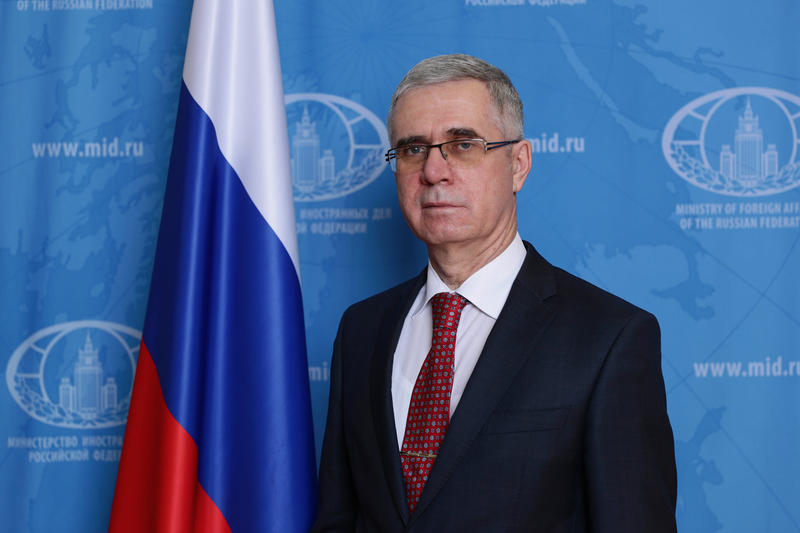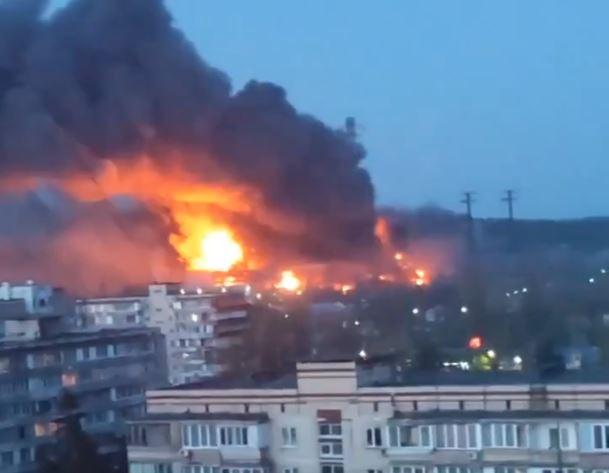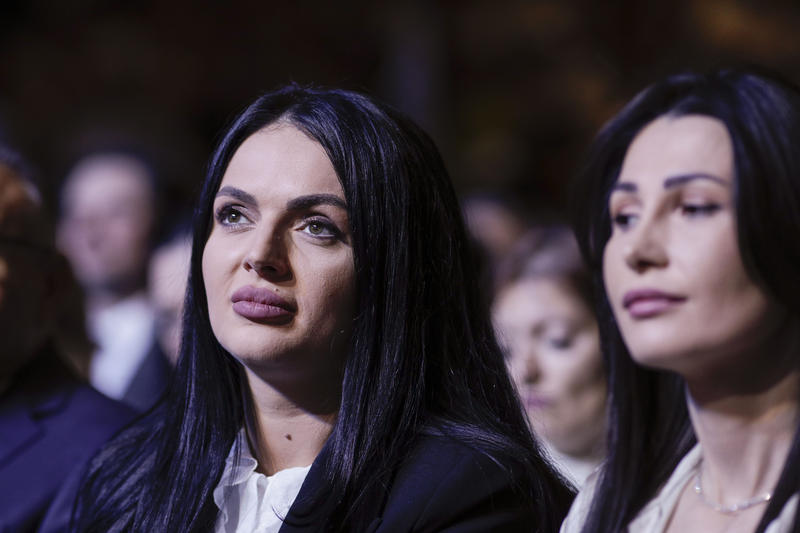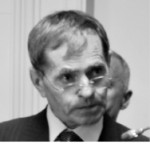Romanian politicians “abuse” their official standings in person and in group. Romania has its own space odyssey and is represented in world culture by Ceausescu, but fails to have its writers nominated for Nobel.
The Dutch “regret” accepting Romania into the EU, while the Integration Ministry in Bucharest calls for sponsors for a media campaign in the West, before accession. All in today’s newspaper.
Evenimentul Zilei publishes a study by the Institute for Public Policies in Bucharest that lists people who abused their status of former of incumbent dignitaries.
It shows many Romanian politicians, including current ministers Vasile Blaga (Interior) and Codrut Seres (Economy), take profit from dwelling in protocol houses for which they pay minuscule rent or from participating to various privatization or management commissions.
Adevarul reports that the joint chambers of the Romanian Parliament voted their budgets for 2007 yesterday. Deputies approved more money than in 2006, while voices were heard in the Senate that the money is “much lower” than this year.
According to Gandul, while Senators voted for a considerably bigger budget for their own sake, they failed to attend votes on two other laws yesterday, including one regarding financial bonuses for mothers.
The same Gandul looks into the matter of salaries in Romania, which, according to the Labour Ministry, form less than half than the average income of the country’s citizens.
To be more precise, the salary accounts for 45.7% of the average income, 21% comes from social programs (pensions, child allocations, etc) and the rest in “barters”, or labour paid in goods and services.
Meanwhile, as Turkish writer Orhan pamuk received the Nobel Prize yesterday, Evenimentul Zilei wonders how come Romania has no writer to be nominated for Nobel, considering the large number of valuable writers it has delivered throughout the past decade. The answer is simple: publishing houses do not translate them for publication abroad.
But the same newspaper notes that ex-dictator Nicolae Ceausescu makes a “cameo” - as the name of a main character - in a new musical play by famed Balkan artist Goran Bregovic, “Karmen with a happy end”. Bregovic returned to Romania this week for a series of shows with his new play and a concert in Bucharest.
Another Romanian “breakthrough” about to happen is the Romanian Space Odyssey, as Cotidianul reports. It tells the story of seven Romanian students who are working for the first Romanian satellite - a 10/10/10 cm cube named Goliath.
It’s a small program for the small Romanian Space Agency, which “remains in the minor divisions of space research” because of laking money and absence of experts.
More serious stuff in Adevarul, as the newspaper reports a journalist close to the Romaian Royal House, Nicoleta Franck, accused a newcomer in the Royal Family of “infiltrating” it in order to undermine the stand of ex-King Mihai.
Franck alleges in a Swiss magazine that Prince Radu, formerly known as Radu Duda, who has married Princess Margareta, was a representative of ex-dictator Nicolae Ceausescu’s secret police, the securitate, who “infiltrated” the Royal House in an affair to which Romania’s first post-communist President Ion Iliescu might be no stranger.
Jurnalul National turns its eyes on Health minister Eugen Nicolaescu, whom it accuses of ignoring the drama of about 100 children with hearing problems. The kids may be left deaf forever because the minister annulled a tender for equipment that might have fully solved their health problems, according to the newspaper.
And the same Jurnalul National reports that the Romanian Integration Ministry is ready to spend some 77,000 euro in a media campaign to help the image of Romania as the country joins the European Union. But the ministry needs money - and it has called on major Romanian companies to support the move financially.
That comes as “Dutch leaders regret having allowed the accession of Romania and Bulgaria in the EU”, as Gandul puts it.
In fact, the newspaper reports that the Dutch minister has said that the way Romania and Bulgaria were accepted in the Union, without having finished their judicial and administrative reforms, must not repeat ever again.
